#ConsumerReports
Consumer Reports Lists Least/Most Expensive Car Brands to Maintain
With the average vehicle now older than ever before and fewer people capable of spending the kind of money required to purchase a brand-new automobile, maintenance has become even more relevant. To that end, Consumer Reports has furnished an analysis on just how much each nameplate is likely to set you back in terms of upkeep over its lifespan.
Have We Reached Peak EV? (Part 1)
Electric vehicles are dominating the industry conversation, so we had a chat with someone who is a bit of an EV evangelist...as well as with a journalist who noted that his outlet elected seven electrified vehicles to its latest Top 10 list.
Consumer Reports Didn't Like the R1S But Finds Rivian As Most-Loved Auto Brand
I review cars online and on the radio, and if there’s one thing I’ve learned in almost a decade of doing it is that, car reviewers are often at odds with the people who actually buy and own the vehicles. Spending a week or a few days on a first drive event are great ways to get a feel for how a car performs and get a handle on its basic features, but living with a vehicle reveals so much more.
That’s the case with Rivian, which recently landed atop Consumer Reports’ list of most-loved auto brands, despite the publication listing the R1S as one of its least favorite test vehicles of 2023.
Consumer Reports: Many EVs Fall Short of Range Estimates
EV battery technology has progressed to the point that range anxiety is becoming a thing of the past – at least on paper. A new study from Consumer Reports found that real-world driving ranges often fall way short of automakers’ advertised range estimates, but some exceed their on-paper numbers.
Consumer Reports Says EVs Less Reliable Than Traditional Automobiles
Consumer Reports has concluded its annual car reliability survey and the resulting data for 2023 has not been kind to all-electric vehicles. For 2023, CR reported that EVs had 79 percent more problems than automobiles that use internal combustion. Plug-in hybrids were even worse with 146 percent more issues. However, standard hybrids actually outperformed every other group with 26 percent fewer problems than vehicles wholly reliant on gasoline.
QOTD: Influenced by the Automotive Press?
After last week's story on how Consumer Reports slapped the "avoid" label on the popular Ford F-150, I was going to ask you how much CR shapes your purchase decisions. The magazine is popular, and I know a lot of people, both car enthusiasts and not, who trust it.
Yet sometimes CR says not to buy a car and it sells well. Or vice versa.
After some reflection, I figured opening this QOTD to the larger automotive press would generate a more robust discussion.
Consumer Reports Revises Recommendations, Puts F-150 on ‘Avoid’ List
Like ‘em or not, the musings of Consumer Reports can carry quite a bit of weight with John Q. Public when shopping for big-ticket items like a car or pickup truck. This month’s issue featured machines in numerous categories slapped with an ‘avoid’ label – including America’s best-selling vehicle.
QOTD: Did Consumer Reports Get It Right?
Venerable consumer-oriented publication Consumer Reports has its 2023 Brand Scorecard out. BMW topped it.
Consumer Reports Offers Ideas to Make Driving Tech Safer and More Enjoyable
Driver assistance features have started to lose their luster now that they’re starting to become mainstream. Studies have shown that they’re often less reliable than one would expect and are being implemented in a manner that may not be appealing to motorists. In an effort to tackle this problem, Consumer Reports has released detailed guidelines to car manufacturers it believes will make people more willing to engage with advanced driver assist systems (ADAS).
This, Not That: Consumer Reports Releases Its List
Compilations and lists purporting to tout the ‘best and worst’ of any consumer product – from cars to computers to toasters – are always given side glances in this office, if for no other reason than our own skeptical nature. Still, the crew at Consumer Reports have been releasing exactly this type of list for longer than some of us have been alive, so there’s reason to mention their findings.
In this year’s brand ranking on reliability, there were the usual suspects at the fore – and only one ‘domestic’ brand in the top ten.
Study: Automotive Debt Is Out of Control, You're Being Swindled
Consumer Reports just released the findings of a year-long stud y looking into the latest trends in automotive loans and car payments. The resulting information highlights just how explosive the debt growth has been over the last 10 years and the arbitrary way in which borrowers are now being treated.
Long story short, we’re all being swindled.
With vehicle prices ballooning and the associated loans becoming longer than ever, dealers and lenders seem to be operating whatever way yields the steepest profit margins with only a modicum of consideration being given to the established frameworks designed to act as a guard rail. This has led to U.S. citizens carrying around a record $1.37 trillion in automotive load debt and customers with good credit being treated no different than those that fall into the subprime category. Sadly, the issue appears only appears to be worsening as new economic perils are only making things more expensive. Meanwhile, data from the Federal Reserve Bank of New York is projecting national auto debt to swell to $1.42 trillion by year’s end.
Safety Groups Downgrade Tesla Models for Dumping Radar
The National Highway Traffic Safety Administration is downgrading the Tesla Model 3 and Y following the company’s decision to remove radar from its advanced driver-assistance suite. We wrote about it, noting that the change actually removed several features from the affected cars and introduced the activation of another creepy, driving-monitoring camera.
While the latter aspect warranted the most cursing from your author’s side of the laptop, it’s the former that’s seeing the lion’s share of debate among groups advocating for vehicular safety. Everyone wants to blame Tesla’s overreliance on cameras as the thing contributing to high-profile crashes when there’s nary a vehicle on this planet that’s truly capable of driving itself. But that hasn’t stopped the NHTSA from slapping affected Tesla models into their own category, noting that they lack several functions it deemed important for safety. It’s all relative, considering there are millions of vehicles on the road that don’t have any advanced driving aids to speak of and heaps of evidence that electronic nannies don’t always function as intended. But it’s earning Tesla bad publicity as it gets dinged by increasingly more safety groups.
Consumer Reports Worried Tesla Could Spy on Customers
Consumer Reports has taken umbrage with Tesla’s new cabin camera designed to monitor the driver by suggesting there might be some privacy concerns. While that sounds like the understatement of the year, we’ve seen other companies (e.g. Cadillac) deploy similar devices with little pushback. Uncoverable lenses on our laptops and phones are creepy enough. When the auto industry starts affixing driver-monitoring cameras to the dashboards of automobiles, you have to sit back and ask yourself how much longer you’re willing to be a party to the prologue for George Orwell’s Nineteen Eighty-Four.
Trapped like a dog inside the hot car of progress, we’ve been attempting to honk the horn until someone pays attention. Mercifully, Consumer Reports doesn’t seem to have forgotten its roots in consumer advocacy and is walking up to our window with a rock. It’s demanding more privacy protection for vehicle operators, and not just from a single automaker.
Mazda Stands Atop the Consumer Reports List for First Time
Mazda just unlocked a first for the brand.
The “zoom-zoom” brand is now sitting atop Consumer Reports’ yearly list of most reliable automotive brands. That’s the first time that has happened.
Buying a Car For Your Ungrateful Teen? Here's a List
The thought of a parent spending any significant amount of money on a vehicle for their teen offspring leaves a bad taste in this writer’s mouth, but some families march to the beat of a different, more affluent drum. Yours truly believes a free hand-me-down wreck should be the absolute limit of parental generosity, and that’s only on the condition that they pay for all upkeep.
But loans from the Bank of Mom and Dad are definitely a thing, which gives them considerable say over what vehicle actually enters their kid’s life. With this in mind, the Insurance Institute for Highway Safety and Consumer Reports joined forces to craft a list of decently reliable, safe rides for parents on a budget.
Would your spawn be happy with any of these top choices?



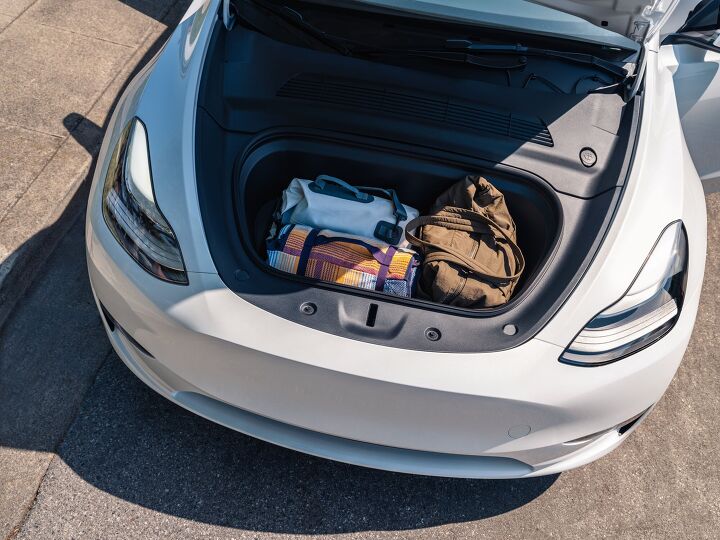
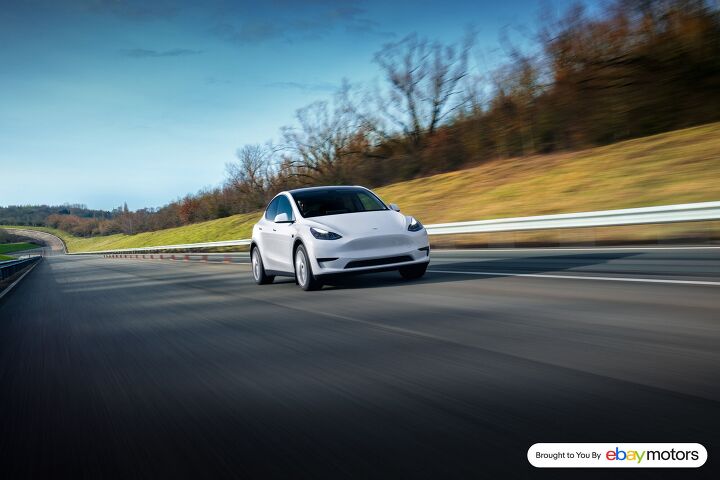
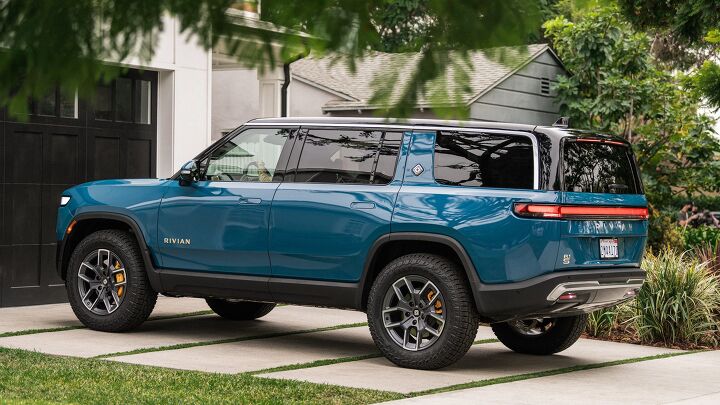
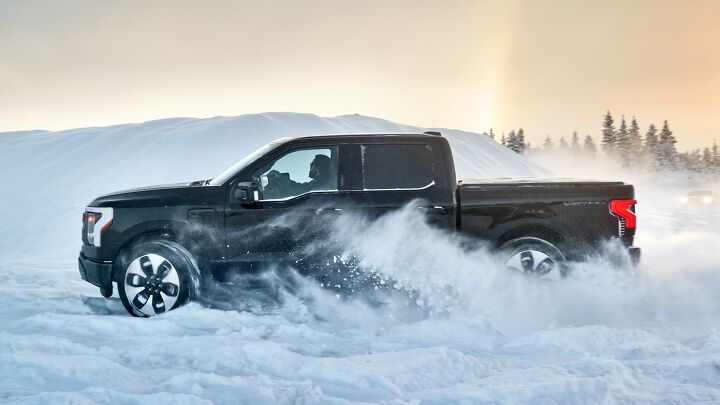
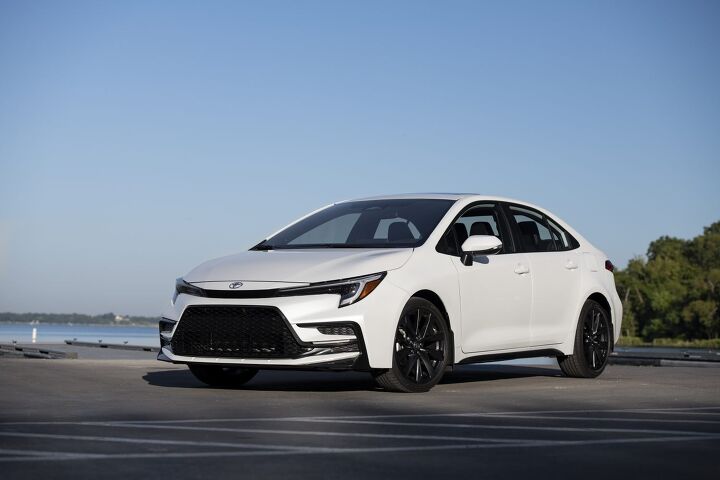

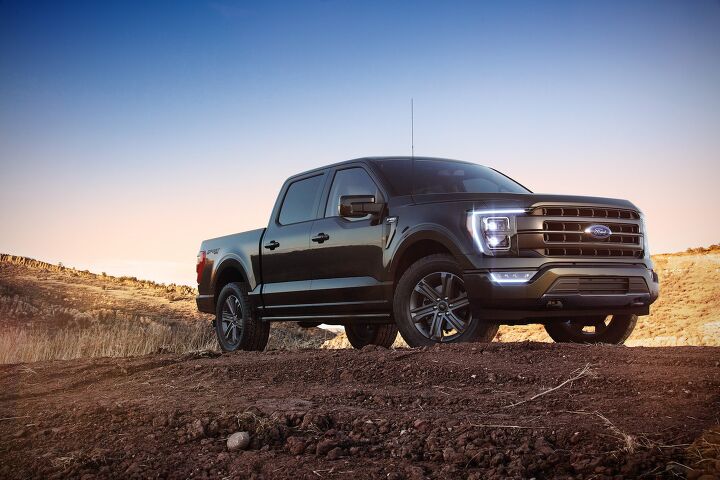


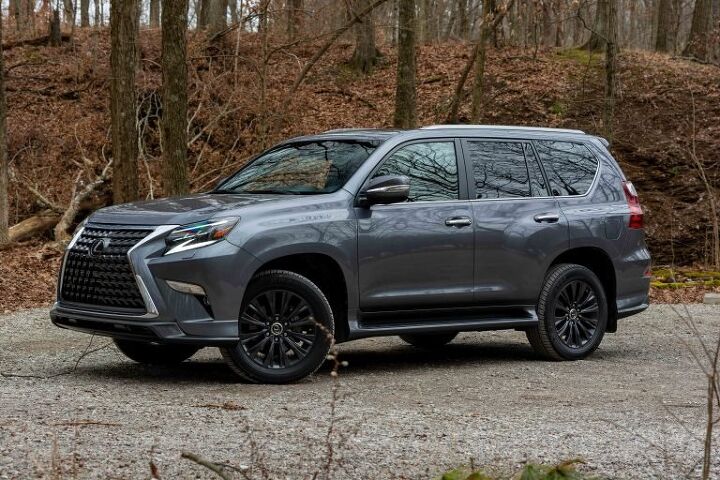



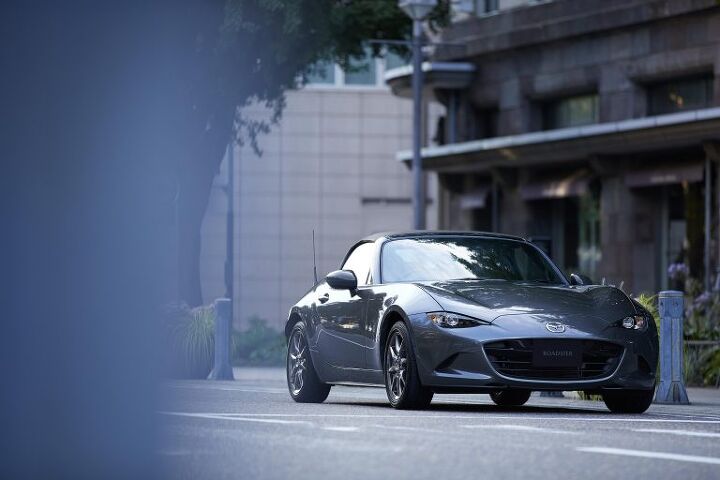













Recent Comments